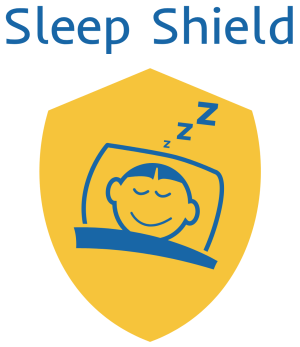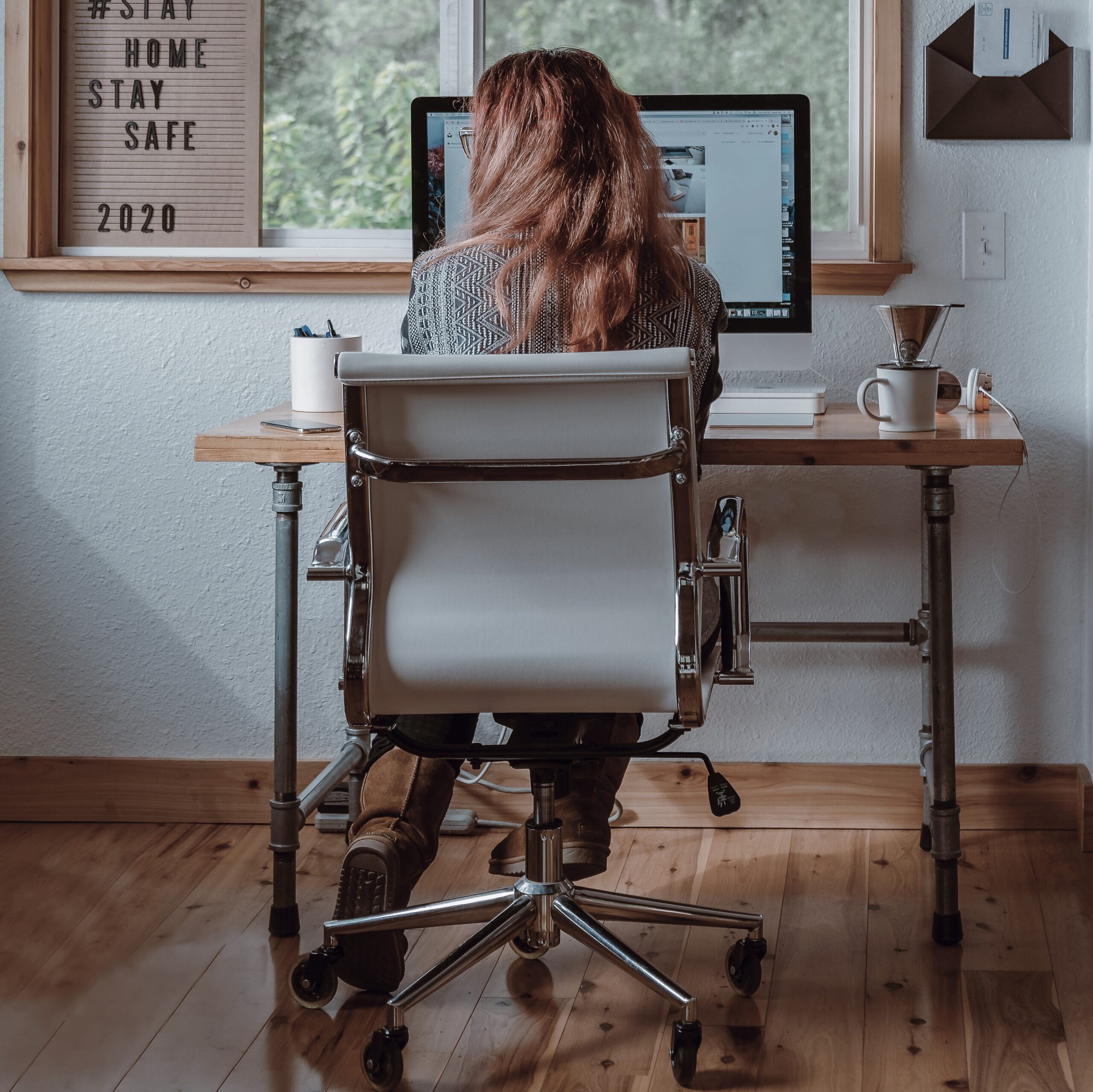Before Covid-19, my job took me to different offices and schools, with occasional days working from home for specific tasks. But everything changed with the ‘stay at home’ guidelines. Like most people around the world, I suddenly found myself working from home full-time—five days a week, staring at my laptop for hours on end.
Lockdowns also meant less outdoor activity and limited social interaction, forcing a drastic shift in daily life. This sudden change made me wonder: how would it affect our sleep? Not long after, new scientific research confirmed what I had suspected.
STUDIES ON SLEEP QUALITY
A study of 121 adults (43 men and 78 women) aged 18 to 65 examined how quarantine affected sleep quality. Researchers analysed participants’ sleep patterns, work habits, and physical activity—both before lockdown and 40 days into it.
The results? Sleep took longer to kick in, overall sleep quality declined, and there was an increase in nighttime disturbances and daytime sleepiness. These effects were worse for those working remotely with electronic devices than for those who didn’t. Interestingly, men experienced greater sleep deterioration than women.
The study also revealed that during lockdown, people were less active and made poorer food choices, adding to the negative impact on overall well-being.
THE DETRIMENTAL IMPACT OF TECHNOLOGY ON SLEEP
As the study highlights, working from home with too much screen time can seriously mess with our sleep patterns. The situation gets even worse when we continue working late into the evening—our brains become so overstimulated that it’s hard to switch off and unwind when it’s time to sleep.
On top of that, the blue light from screens disrupts melatonin production, the hormone that plays a key role in sleep. This makes it even harder to fall asleep. When you also factor in long hours of sitting, from online meetings (even with friends) to binge-watching TV or scrolling through social media, plus eating more packaged and processed foods, it’s no surprise that sleep suffers.
And if we add the constant stress of thinking, reading, or hearing about the pandemic—its effects on the economy, job losses, schooling, and the health of loved ones—it only increases stress, which is one of the main reasons we can’t sleep well.
STRATEGIES TO IMPROVE SLEEP
So, what can we do to improve sleep now that our home has become our office? I’d like to share a few strategies that I’ve personally used, which I believe helped me combat the sleep disruptions caused by quarantine.
Have a clear distinction between work and life
At the end of your workday, take a few minutes to reflect. Think about the tasks you did well and those you’d like to improve next time. Also, make a list of things that need to be tackled tomorrow. This will help you leave work behind and, chances are, you won’t be waking up in the middle of the night thinking about it.
Additionally, turn off all devices and either tuck them away in your laptop bag or cover them with a cloth. And if you can, avoid working from your bedroom or bed—it’s important to create a clear boundary between work and rest spaces.
Be active
Throughout your workday, take regular breaks to move your body. Every 45 minutes to an hour, step away from your desk—grab a drink, walk up and down the stairs, stretch your neck, shoulders, and back, or even hug someone you love. These small physical breaks help reduce tension and improve focus.
Additionally, take 3-4 deep, mindful breaths, focusing on the exhale. When you’re busy with emails, phone calls, or spreadsheets, you’re probably holding your breath or breathing too shallowly, which can increase stress and tension. Deep breathing helps to relax your nervous system and boost your overall well-being.
Go outdoors
For our body clock, which controls our sleep-wake cycle, it’s crucial to get a natural source of light during the day. A great way to do this is by getting outside in the morning, like going for a walk. This helps to lower melatonin levels during the day, making it easier for melatonin to be released in the evening when it’s time to sleep. As a result, you’ll feel more energetic, stay better focused throughout your workday, and fall asleep faster at night.
Make healthy food choices
Make sure your food choices support both your energy levels and sleep quality. Always keep healthy snacks on hand, like fresh fruits and vegetables, nuts, seeds, or high-quality dark chocolate, and enjoy them during breaks when you feel peckish. Also, make sure to plan and eat a balanced lunch that will give you the energy to power through the rest of your workday.
In the afternoon or early evening, prepare a dinner or supper rich in tryptophan, vitamin D, and omega-3 fatty acids, which help regulate serotonin and melatonin in the body. Foods like turkey, chicken, fish, milk, eggs, chickpeas, almonds, sunflower seeds, pumpkin seeds, buckwheat, and quinoa are great sources of these nutrients.
I hope these tips help you maintain a healthy work-life balance and get a good night’s sleep—no matter where you’re working from.
Recourses:
- Barrea, L., Pugliese, G., Framondi, L., Di Matteo, R., Laudisio, D., Savastano, S., Colao, A., & Muscogiuri, G. (2020). Does Sars-Cov-2 threaten our dreams? Effect of quarantine on sleep quality and body mass index. Journal of Translational Medicine, 18(1), 318. https://doi.org/10.1186/s12967-020-02465-y





Wow what awesum article Alicja. Very informative and helpful too.
Thanks for sharing.
Hi Xola, thank you for taking the time to read the article. I am glad you feel it is informative. What strategies have you been putting in place to help you sleep better whilst working more from home?
Warmest regards
Hi there! This post couldn’t be written any better! Looking through this post reminds me of my previous roommate!
He always kept preaching about this. I am going to forward this post to him.
Fairly certain he will have a great read. Thank you for sharing!
my homepage :: delta 8 thc carts
Hi there,
Thank you for taking the time to read the article. What strategy did you find the most useful? Is it realistic to apply them in your life?
And yes, please share this text with everybody who you think would benefit from it. I always appreciate new readers.
Warmest regards,
Hey very interesting blog!
Hi there. Thank you for taking the time to read the article. What strategy did you find the most useful?
Warmest regards,
Alicja
Very nice post. I just stumbled upon your weblog and wanted to say that I have truly enjoyed surfing around
your blog posts. After all I’ll be subscribing
to your rss feed and I hope you write again soon!
Hi there,
Thank you for finding the time to read the blog. What strategy did you find the most useful?
Warmest regards,
Alicja
I do not even know how I ended up here, but I thought this post was
great. I don’t know who you are but certainly you are going to
a famous blogger if you aren’t already 😉 Cheers!
Hi there,
Thank you for you kind words. Keep visiting my blog as more articles are coming. Sweet dreams!
Alicja